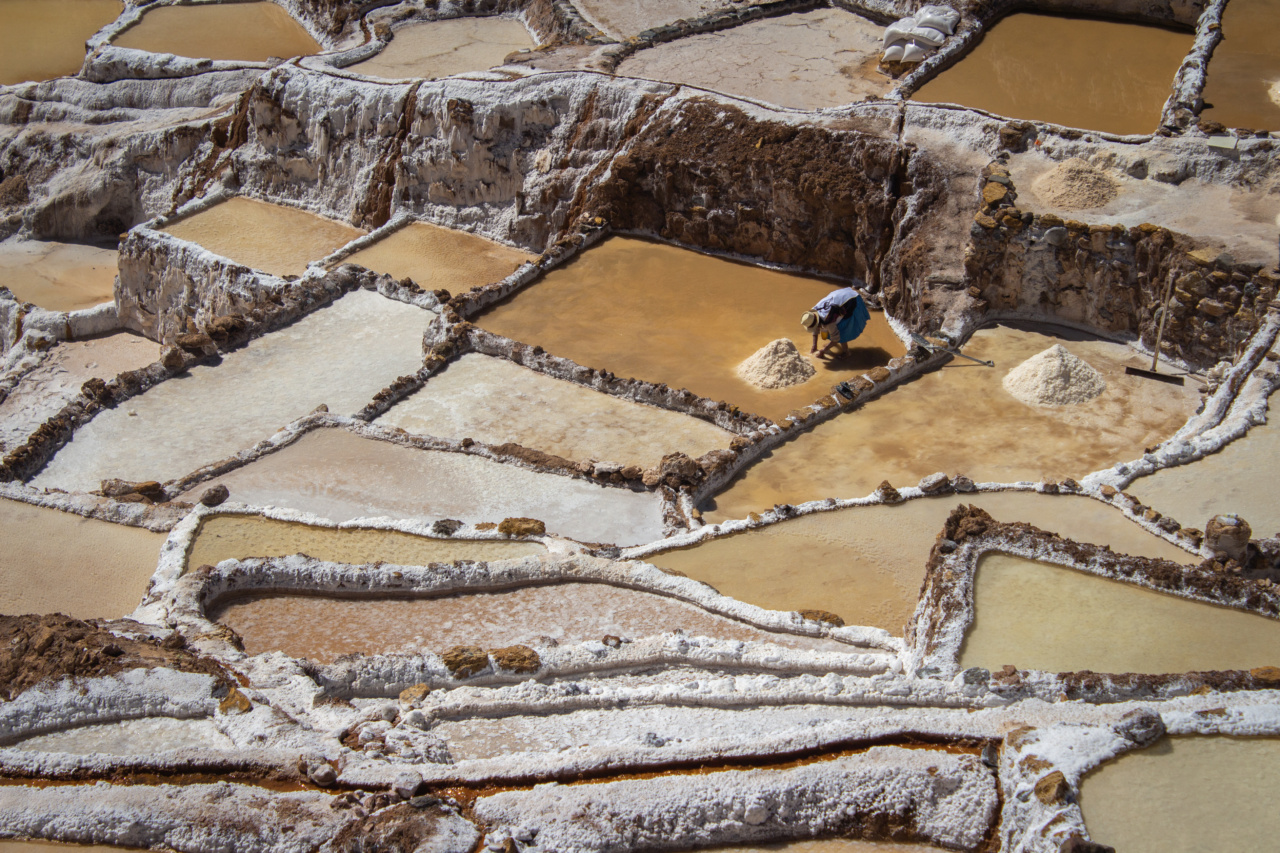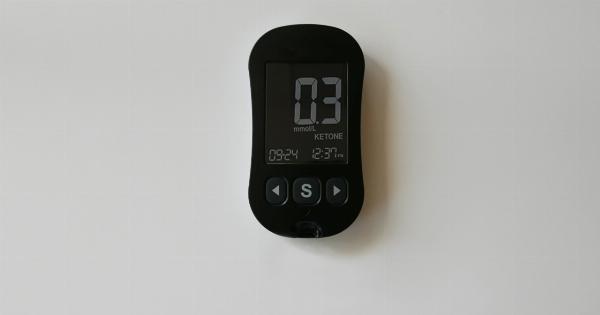The relationship between salt intake and kidney function has long been a topic of interest in the field of medical research.
Salt, or sodium chloride, is a common dietary component that plays a significant role in maintaining fluid balance and regulating blood pressure. However, excessive salt consumption has been linked to various negative health outcomes, including impaired kidney function.
This article explores the intricate connection between salt intake and kidney function, shedding light on the importance of maintaining a balanced sodium intake for optimal kidney health.
The Role of the Kidneys in the Body
Before delving into the link between salt intake and kidney function, it is essential to understand the vital role that the kidneys play in maintaining overall health.
The kidneys are bean-shaped organs responsible for various crucial functions in the body, including:.
- Filtering waste products and excess fluid from the blood
- Regulating electrolyte levels
- Producing hormones that control blood pressure and red blood cell production
- Assisting in acid-base balance
The kidneys achieve these functions through the intricate network of nephrons, tiny units within the kidneys that filter the blood and create urine.
Each day, the kidneys filter approximately 120 to 150 quarts of blood, allowing waste products to be excreted and maintaining the delicate balance of water, electrolytes, and acid-base levels in the body.
The Impact of Salt on Kidney Health
While sodium is an essential nutrient for the body, the average modern diet often exceeds the recommended daily intake.
Excessive salt consumption can have detrimental effects on kidney function due to the kidneys’ role in maintaining fluid balance and regulating blood pressure.
One of the primary mechanisms through which salt affects kidney health is by influencing blood pressure. Excess sodium in the bloodstream draws water into the blood vessels, leading to increased blood volume and, subsequently, elevated blood pressure.
High blood pressure, or hypertension, is a significant risk factor for kidney disease. The persistent strain placed on the blood vessels within the kidneys can eventually impair their function and compromise overall kidney health.
Furthermore, excessive salt intake can directly impact the filtration process within the nephrons, potentially leading to kidney damage.
The increased blood volume caused by excessive sodium consumption results in greater pressure on the delicate filtering structures of the kidneys. Over time, this increased pressure can cause damage to the nephrons, impairing their ability to effectively filter waste products and maintain fluid and electrolyte balance.
Research on Salt Intake and Kidney Function
A growing body of research has focused on understanding the link between salt intake and kidney function. Several studies have demonstrated a clear association between high salt consumption and the development and progression of chronic kidney disease.
A study published in the European Heart Journal examined the dietary habits of over 3,000 participants and found that higher salt intake was independently associated with an increased risk of kidney dysfunction.
The researchers concluded that reducing salt intake could have a significant impact on preventing and managing kidney disease.
Another study conducted by researchers at the Johns Hopkins University School of Medicine explored the link between salt intake and kidney damage in hypertensive patients.
The study found that individuals who consumed a high-salt diet had a more rapid decline in kidney function compared to those with lower sodium intake. These findings suggest that reducing salt consumption could slow the progression of kidney damage in individuals with hypertension.
Moreover, a meta-analysis of multiple studies conducted by the Cochrane Collaboration found that reducing salt intake resulted in a significant decrease in blood pressure levels.
Lowering blood pressure is crucial for protecting kidney function, as high blood pressure is a major contributor to kidney disease.
Salt Guidelines for Kidney Health
To promote kidney health and prevent the negative effects of excessive salt intake, it is important to adhere to recommended salt guidelines.
The American Heart Association (AHA) recommends limiting daily sodium intake to no more than 2,300 milligrams (mg) for most adults, with an ideal limit of 1,500 mg per day for individuals with high blood pressure or other underlying health conditions.
Individuals who are at an increased risk of developing kidney problems, such as those with diabetes or a family history of kidney disease, may benefit from further reducing their salt intake.
These individuals should consult with their healthcare providers to determine an appropriate sodium limit that suits their specific needs.
Decreasing salt intake can be challenging, considering the prevalence of processed and packaged foods that are often high in sodium. However, adopting a few simple lifestyle modifications can help individuals reduce their salt consumption:.
- Choose fresh, whole foods whenever possible, as they generally contain lower levels of sodium compared to processed foods.
- Read food labels carefully to identify hidden sources of sodium in packaged products.
- Use herbs, spices, and other flavor enhancers to season meals instead of relying solely on salt.
- Avoid adding extra salt to meals during cooking or at the table.
Conclusion
The link between salt intake and kidney function is a complex and significant relationship. Excessive salt consumption can contribute to high blood pressure and directly damage the delicate filtering structures within the kidneys.
Multiple research studies have highlighted the detrimental effects of high salt intake on kidney health and have emphasized the importance of reducing sodium consumption to promote kidney function. By adhering to recommended salt guidelines and making conscious dietary choices, individuals can take proactive steps to protect the health of their kidneys and overall well-being.





























